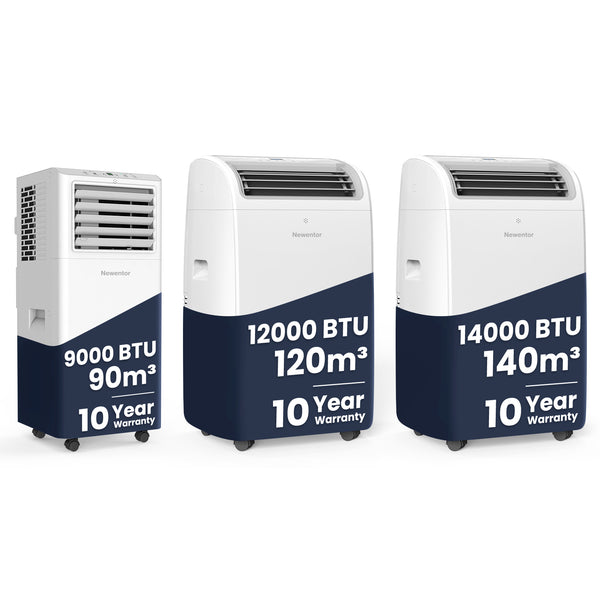A portable air conditioner is not just a comfort device, but a powerful tool that can transform your outdoor experience. During the midday sun, the temperature inside a tent can easily rise to nearly 35°C, creating an uncomfortable environment that can even lead to health risks such as heatstroke.
Unlike traditional fans, portable air conditioners use compression cooling technology to genuinely lower the ambient temperature. Tests have shown that high-quality portable air conditioners can achieve outlet temperatures as low as 10-13°C, and within 30 minutes, they can reduce the temperature inside a tent by 5-6°C, significantly improving comfort levels.
In addition to cooling, many portable air conditioners also feature a dehumidification function, which is particularly useful in humid environments. They can effectively reduce the humidity inside the tent, maintaining a dry and comfortable resting environment.
Sleep is crucial when camping, but high temperatures and humidity can interfere with your ability to get restful sleep. A portable air conditioner will help maintain a comfortable sleep environment, ensuring you wake up feeling refreshed and ready to tackle the day’s adventure.
Portable air conditioners are designed to be compact and easy to carry, making them perfect for camping trips. They offer the cooling benefits of a traditional AC unit but in a size that’s convenient for outdoor activities. Whether you're camping in a tent or an RV, a portable AC ensures you enjoy modern comfort no matter where you set up camp.






















